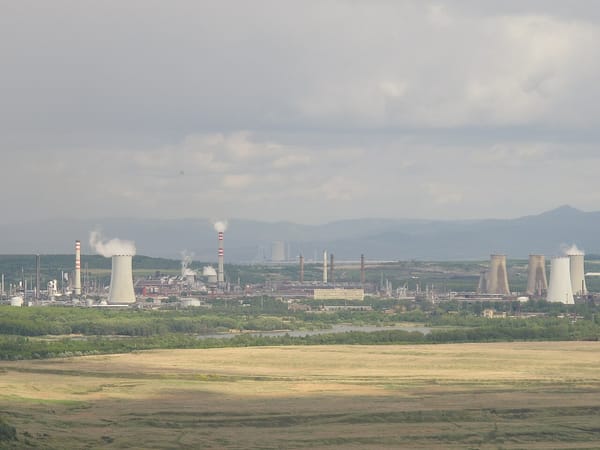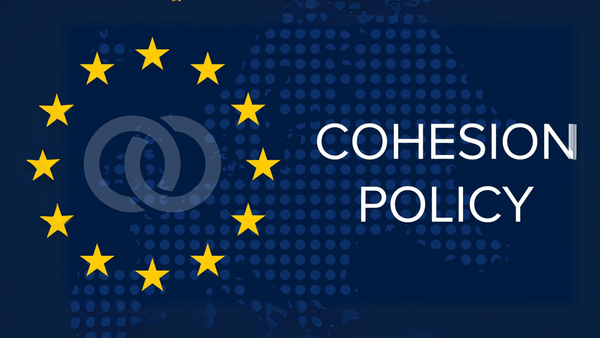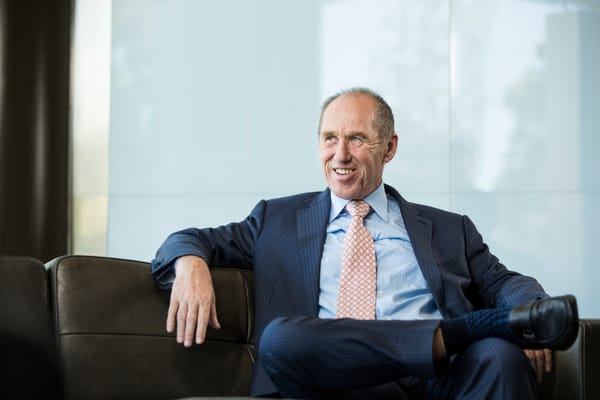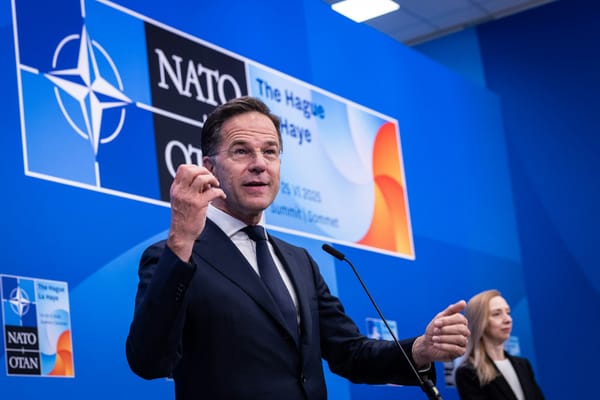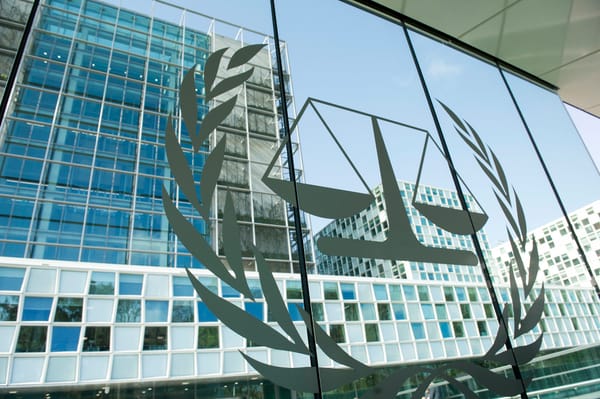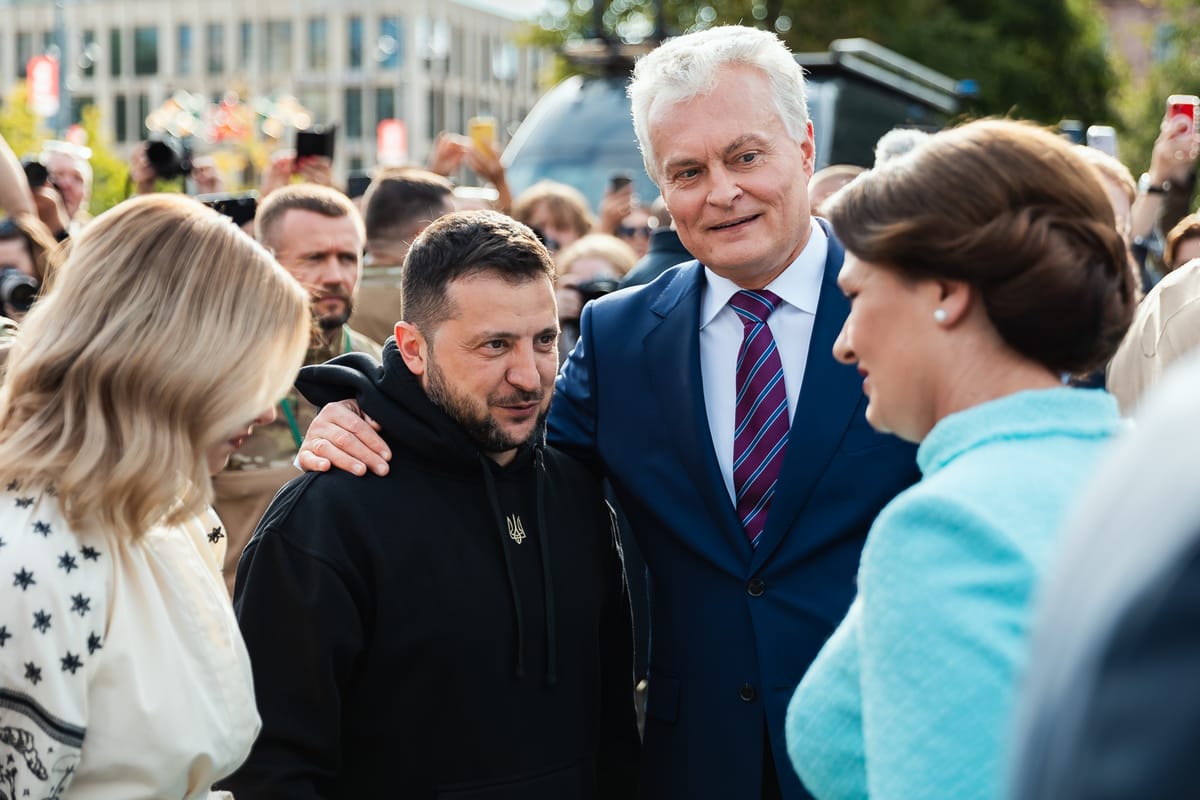
US, Germany, cautious at NATO summit, as Lithuania backs Ukraine membership path
The leaders of Ukraine and Lithuania were left frustrated at the alliance’s summit in Vilnius on July 11-12, despite NATO Secretary General Jens Stoltenberg’s assertion that “there has never been stronger language for membership in NATO”.
Although a communiqué issued after the two-day event proclaimed that “Ukraine’s future is in NATO”, no timeline was set beyond the vague when “members agree and conditions are met’.
The Vilnius Summit Communiqué published on the NATO website reads “We fully support Ukraine’s right to choose its own security arrangements. Ukraine’s future is in NATO. We reaffirm the commitment we made at the 2008 Summit in Bucharest that Ukraine will become a member of NATO, and today we recognize that Ukraine’s path to full Euro-Atlantic integration has moved beyond the need for the Membership Action Plan. Ukraine has become increasingly interoperable and politically integrated with the Alliance, and has made substantial progress on its reform path,” the communiqué reads.
NATO’s communiqué notes that Ukraine no longer needs to meet a Membership Action Plan. Another element of progress was the decision to elevate the NATO-Ukraine Commission to a NATO-Ukraine Council.
“We have decided to establish the NATO-Ukraine Council, a new joint body where Allies and Ukraine sit as equal members to advance political dialogue, engagement, cooperation, and Ukraine’s Euro-Atlantic aspirations for membership in NATO. It will provide for joint consultations, decision-making, and activities, and will also serve as a crisis consultation mechanism between NATO and Ukraine,” the document underlined.
A few hours before the document appeared, Ukrainian President Volodymyr Zelenskyy tweeted: “It’s unprecedented and absurd when [a] time frame is not set neither for the invitation nor for Ukraine’s membership.”
Nauseda, Zelenskyy meet supporters in Vilnius
Speaking in Vilnius alongside Lithuanian President Gitanas Nauseda, Zelenskyy told thousands of Ukraine supporters that “I travelled here today with belief in a decision, with belief in partners, with belief in a strong NATO, a NATO which does not doubt, which does not lose time.”
Lithuania has arguably been the most vocal supporter of Ukraine being given a timeframe to join NATO. Zelenskyy thanked “clear, honest and courageous position”, adding that everyone wants certainty from NATO, and asking “is that too much to wish for?”
Zelenskyy said “Ukraine is in the spotlight of partners – no longer Russia, as decades before. And when we put an end to this war by fixing Russian defeat, respect and attention to Ukraine will be forever recorded in history – for all future generations of our people.
“I thank each and everyone who is in combat, on combat posts and on combat missions! Thank you to all who protect our skies and advance our positions on Earth. Thank you to everyone who works to make sure our soldiers have everything they need,” he added.
German Defence Minister Boris Pistorius said, “I understand the dissatisfaction and impatience (but) the assurance is there: Ukraine will become a NATO member as soon as the preconditions are met,” he added.
Hungary FM pleased with ‘modest result’
Hungary is seen as Russia’s closest ally in the EU. Hungarian Foreign Minister Peter Szijjarto said on Wednesday that the US’s caution towards Ukraine joining NATO represented a “win for responsibility”, adding that Ukraine would have to make do with “a modest result relative to certain expectations”.
“The sense of responsibility has won, and NATO has taken a responsible position,” the minister said. NATO has managed to make a decision that does not come with the threat of an escalation of the war, he said.
Member states have made it clear that Ukraine will only receive an invitation to join the alliance once it fulfils all the conditions and when the members unanimously agree that it has, he added.
A country at war cannot become a member of NATO as the alliance’s enlargement has to bolster rather than hurt its security, Szijjarto said, arguing that Ukraine’s admission to NATO would risk dragging it into an armed conflict.
As Ukraine has received neither an invitation nor a timetable to join NATO until it meets all necessary conditions, the alliance has successfully avoided the threat of an escalation in the war, Szijjarto said.
US observers respond to ‘uninspiring’ summit
Former US ambassador to Ukraine John Herbst described this week’s resultant “uninspiring” communiqué on the Ukraine-NATO relationship as only “slightly beyond the language of the 2008 Bucharest NATO Summit” and “a step forward for Ukraine’s security, but not a large one”.
John Herbst, a senior director of the Atlantic Council’s Eurasia Center, called the summit “an uninspiring result for Ukraine”, adding that the US had been especially cautious regarding Ukraine joining NATO, and Germany also, albeit to a lesser extent.
Herbst underlined the “clear disagreement between a large number of East European, Nordic, and some Western European allies on the one side and the United States and Germany on the other about how forthcoming the Alliance should be about Ukraine’s eventual membership in NATO.” The end result was “not quite inspiring”, according to Herbst.
The new framework seeks to create bilateral security commitments between individual G7 member states and Ukraine, providing security assistance, modern military equipment, and economic assistance “for as long as it takes.”
NATO ‘kicks can down road’
Former US ambassador to Poland and Atlantic Council fellow Daniel Fried called the summit “a mixed bag, but with signs of quiet progress”, adding that the “G7 Joint Statement is no Article 5, but it’s a start”.
Energy issues took a backseat in Vilnius communiqué, but loom large in NATO’s future. The communique states that the war in Ukraine has reaffirmed that “emerging security challenges” have arrived, from the weaponization of energy to the widespread “digitalization” of warfare and the importance of resilience, according to Atlantic Council Global Energy Center nonresident senior fellow Phillip Cornell.
Missing from the Vilnius communiqué, however, is any clear pathway for Ukraine’s membership. The NATO-Ukraine Council is a net positive step, but also the “bare minimum”, assistant director at the Atlantic Council’s Eurasia Center Andrew D’Anieri said. Several observers accused NATO of “kicking the can down the road”.
The Biden administration was ‘largely alone’ in blocking Ukraine’s roadmap to membership. Even Turkey’s President Recep Tayyip Erdogan asserted that “without a doubt, Ukraine deserves to be in NATO,” former US deputy assistant secretary of defence for Europe and NATO policy Ian Brzeinski said.
Indo-Pacific increasingly on NATO radar
The communiqué confirms NATO’s growing attention to Indo-Pacific security, former US deputy national intelligence officer for East Asia on the National Intelligence Council David O Shullman said.
NATO also successfully positioned itself as a global actor that understands that the security environment has fundamentally changed, and the European and Indo-Pacific theaters are inextricably linked. The attendance of the Asia-Pacific 4 (Australia, Japan, South Korea, and New Zealand) and language in the communiqué elevating the role of partners is crucial in this regard, Atlantic Council Fellow Anca Agachi commented.
US experts react to summit
The Kremlin claims Ukraine as its own, the Atlantic Council commented, adding that “there are many in Europe and the United States who tacitly (or overtly) agree and would cut a dirty deal with Moscow to that end. Happily, that’s not where NATO and the G7 have come out.
Vilnius was a bridge to next year’s NATO summit in Washington, according to the Atlantic Council. The most successful element of the Vilnius summit was enhancing NATO deterrence along its front line with Russia, from the High North to the Mediterranean Sea.
With Finland in and Sweden soon to be in, there is a solid line of defence against Russian aggression. There is no clearer evidence of Russia’s strategic failure, the Atlantic Council wrote, noting that the NATO-Ukraine commission has been upgraded to a council, giving Ukraine a stronger voice in NATO political affairs.
This new council will be used to plan Ukraine’s membership“when allies agree and conditions are met.” Hopefully, by the Washington summit, this path will be paved with more concrete, the Atlantic Council commented.

